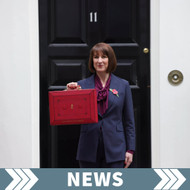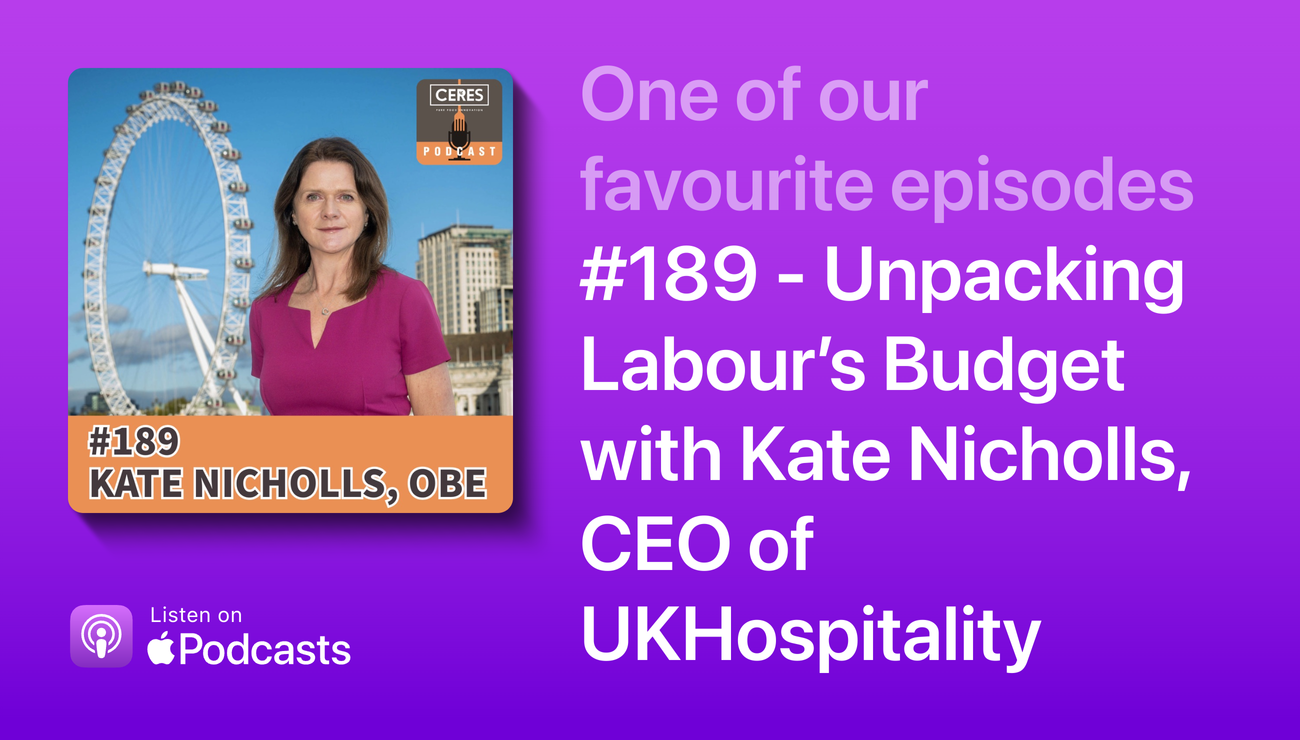Chancellor’s Tax Policy Wipes Out 69,000 Hospitality Jobs
Posted by Emily on 6th Jul 2025 Reading Time:
The British hospitality industry is haemorrhaging jobs — and the Chancellor’s tax hike is at the heart of it.
Since Rachel Reeves announced a £40 billion tax package in her Autumn 2024 Budget — including a £25 billion increase to employers’ National Insurance contributions (NICs) — the sector has shed 69,000 jobs. The figures, published by the Office for National Statistics, represent the sharpest peacetime job losses on record for pubs, restaurants, and hotels outside the pandemic.
This stands in stark contrast to the previous year when the sector created 18,000 roles under the Conservative government. Now, industry leaders are warning that the worst is yet to come — with up to 200,000 jobs at risk within a year unless urgent changes are made.
“Unless there is a change of tack by the government, we are looking at 150,000 to 200,000 fewer workers in hospitality,” said Kate Nicholls, Chief Executive of UKHospitality — and a former guest on the Ceres Podcast.
“The economy needs jobs. Hospitality creates them. But we are being taxed out.”
 Alistair Carmichael, Liberal Democrat MP. Photo by: ©House of Commons, CC BY 3.0, via Wikimedia Commons
Alistair Carmichael, Liberal Democrat MP. Photo by: ©House of Commons, CC BY 3.0, via Wikimedia Commons
A Regressive Blow to Entry-Level Work
The NIC rise, effective from April 6 2025, increased the employer rate from 13.8% to 15% and lowered the salary threshold to £5,000 — sweeping in nearly all part-time workers, a backbone of the hospitality workforce.
Nicholls described the policy as “socially regressive” and “unsustainable,” arguing it penalises entry-level employment while the government simultaneously seeks to reduce welfare dependency.
In a letter to Prime Minister Sir Keir Starmer, UKHospitality called on the government to extend existing NIC exemptions for under-21s to those under 30 and to individuals re-entering the workforce after long-term unemployment. Nicholls believes this move would boost hiring, reduce reliance on benefits, and ultimately be cost-neutral for the Treasury.
“When we should be bringing people into the jobs market, we’re pushing them out,” she said.
Cuts, Closures, and a Hiring Freeze
UKHospitality reports that 70% of businesses in the sector are now reducing staff numbers. One-third have already reduced trading hours — pubs are closing early, restaurants are dropping breakfast service, and owner-operators are taking on more hours themselves.
Hiring freezes are widespread. Seasonal recruitment has stalled entirely for many venues. According to a study by accountancy firm S&W, more than half of UK businesses are reducing staff to offset rising employment costs, with a third planning further cuts this summer.
Claire Burden, Partner at S&W, noted: “Given that salaries represent a considerable proportion of the overall cost base for most businesses, it is to be expected that many are looking closely at headcounts in response to the increased national insurance costs.”
Automation is accelerating too — 60% of firms surveyed said they were fast-tracking investment in technology to replace labour, raising fresh concerns over the widening skills gap.
Westminster Under Pressure
The political backlash is mounting. MPs from across the political divide criticised the NIC hike in Parliament this week.
Alistair Carmichael, Liberal Democrat MP, said: “Hospitality is being taxed out of existence, and that is a political choice we need to change.”
Andrew Griffith, Conservative shadow business secretary, added: “Hospitality is the canary in the mine for the whole private sector. Small business deaths don’t make national headlines, but the lights are going out in high streets, pubs, and restaurants across Britain under this socialist government.”
Griffith went further, warning: “Britain’s proud record of innovation and business success is being thrown away thanks to that all knee-jerk Labour instinct of taxing success.”
Treasury Defence and Political Calculus
The Chancellor, meanwhile, remains defiant. Reeves has defended the NIC rise as a necessary step to stabilise public finances, especially in light of a £5 billion shortfall caused by Labour’s recent U-turn on welfare reform.
“I’m not going to apologise for making sure the numbers add up,” Reeves told The Guardian.
A Treasury spokesperson echoed that position: “Economic activity is at a record high, and 384,000 more people are in employment since last summer… We’ve shielded 250,000 retail, hospitality and leisure properties from full business rates.”
However, economists warn of a worsening fiscal picture. Paul Johnson, director of the Institute for Fiscal Studies, has said changes to income tax, national insurance, and VAT may still be required. Analysts at Deutsche Bank and HSBC have warned of a potential “doom loop” — where higher taxes dampen growth, forcing even more tax increases to cover the gap.
 Andrew Griffith, Conservative Shadow Business Secretary. Richard Townshend, CC BY 3.0, via Wikimedia Commons
Andrew Griffith, Conservative Shadow Business Secretary. Richard Townshend, CC BY 3.0, via Wikimedia Commons
Industry Offers Solutions Ahead of Next Budget
Looking ahead, UKHospitality is urging the government to deliver targeted support in the next budget. Alongside NIC reform, it has proposed:
- Lowering business rates with a maximum 20p discount for Hospitality to revive high streets.
- Cutting VAT to boost investment and bring the UK in line with European counterparts.
“In the years following the financial crisis, we created one in five net new jobs,” said Nicholls. “We’ve shown we can deliver employment, growth and opportunity. But we need government support — not policies that choke off our ability to hire and grow.”
Nicholls, who spoke in greater detail about these long-term challenges on the Ceres Podcast, continues to urge the government to view hospitality not as a revenue source to be tapped but as an engine of opportunity that needs fuel.
A Sector at Breaking Point
Hospitality is more than a sector — it is one of the UK’s largest employers, a critical entry point to the job market, and a cultural cornerstone of British life. The current tax trajectory threatens to undermine all of that.
Suppose the government wishes to meet its ambitions on work, growth, and opportunity. In that case, the hospitality industry may yet prove to be its most significant partner — but only if it is no longer treated as a piggy bank to balance the books.
As Nicholls put it: “The reversal in contrast to the previous year is very stark indeed.”





